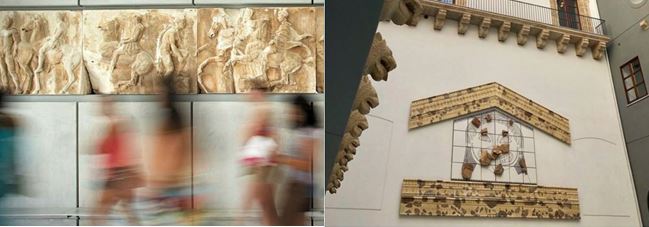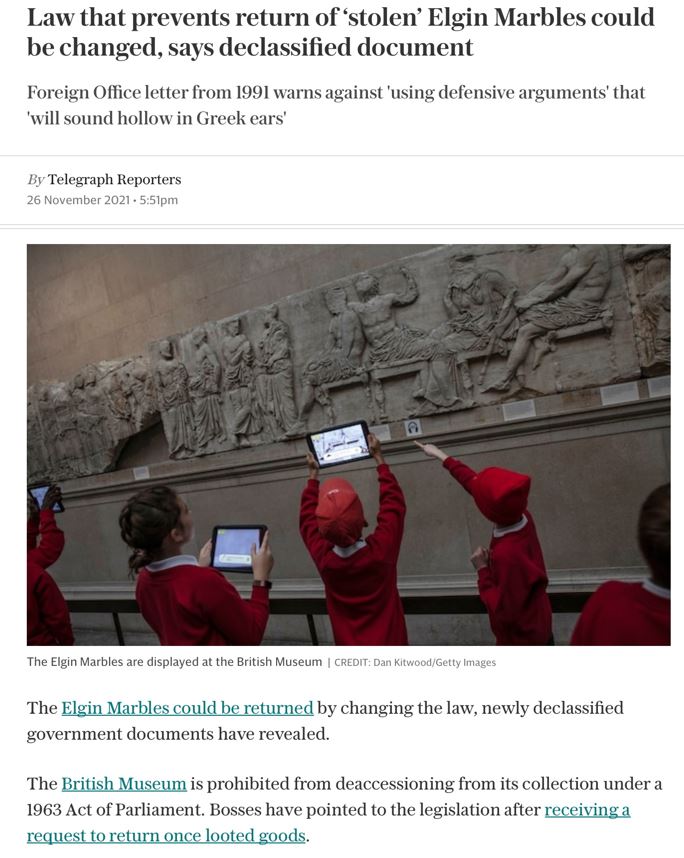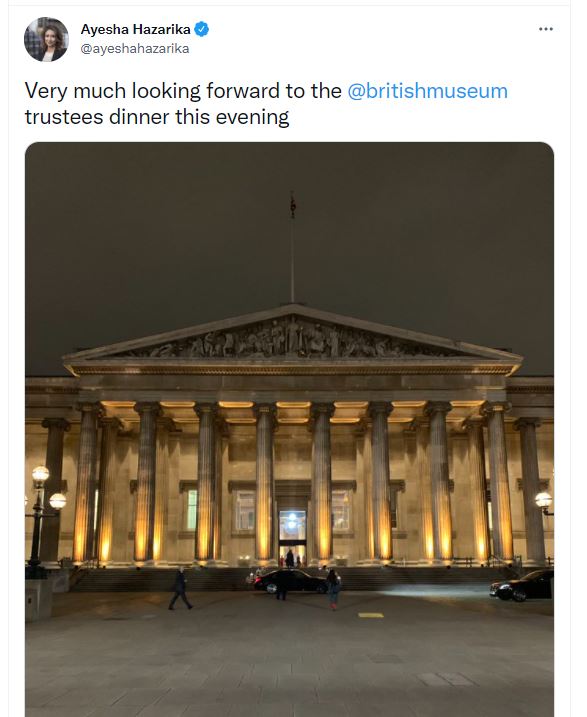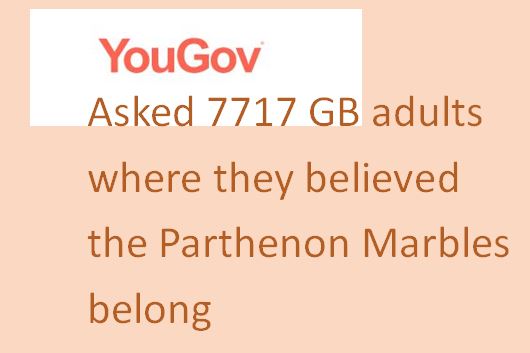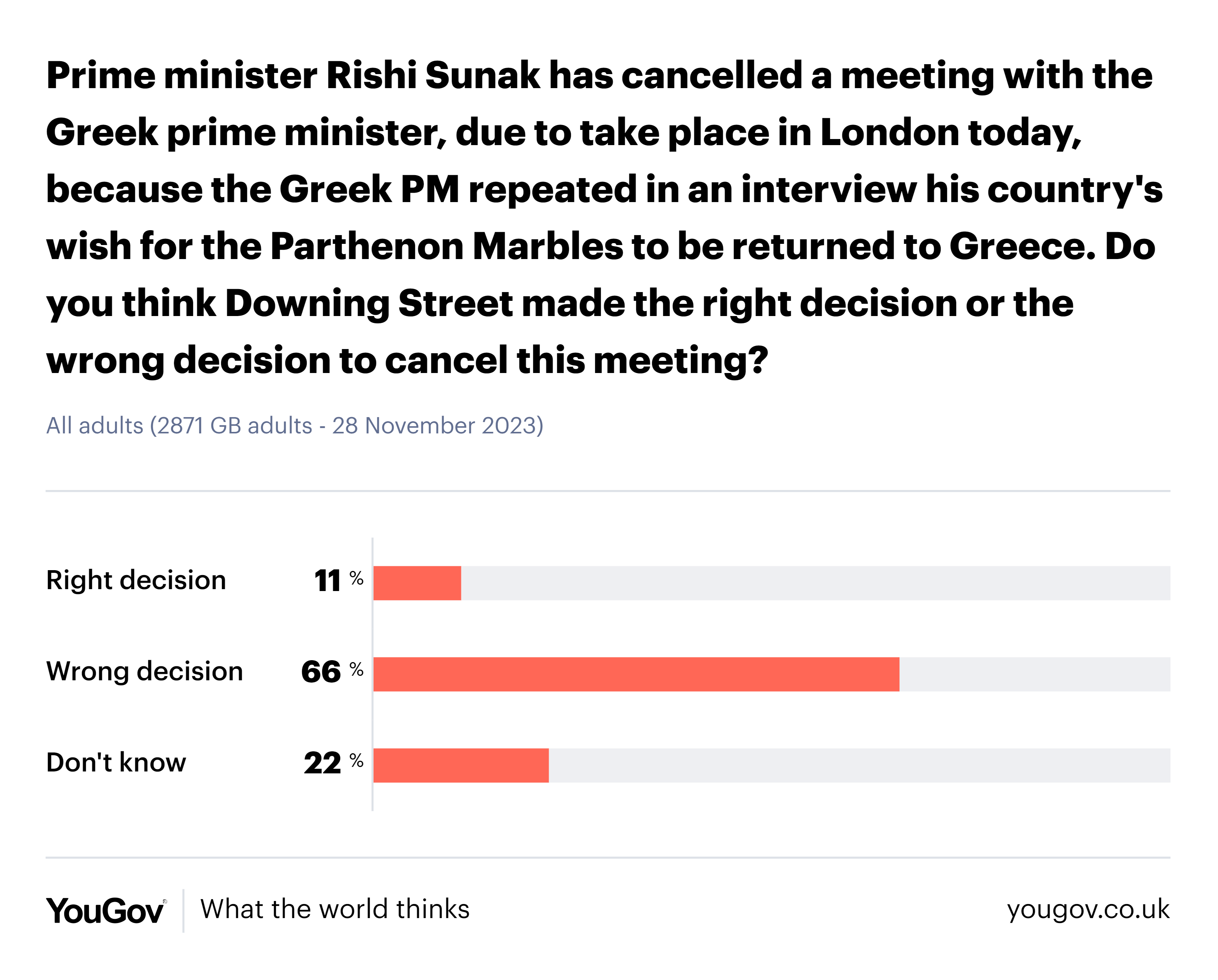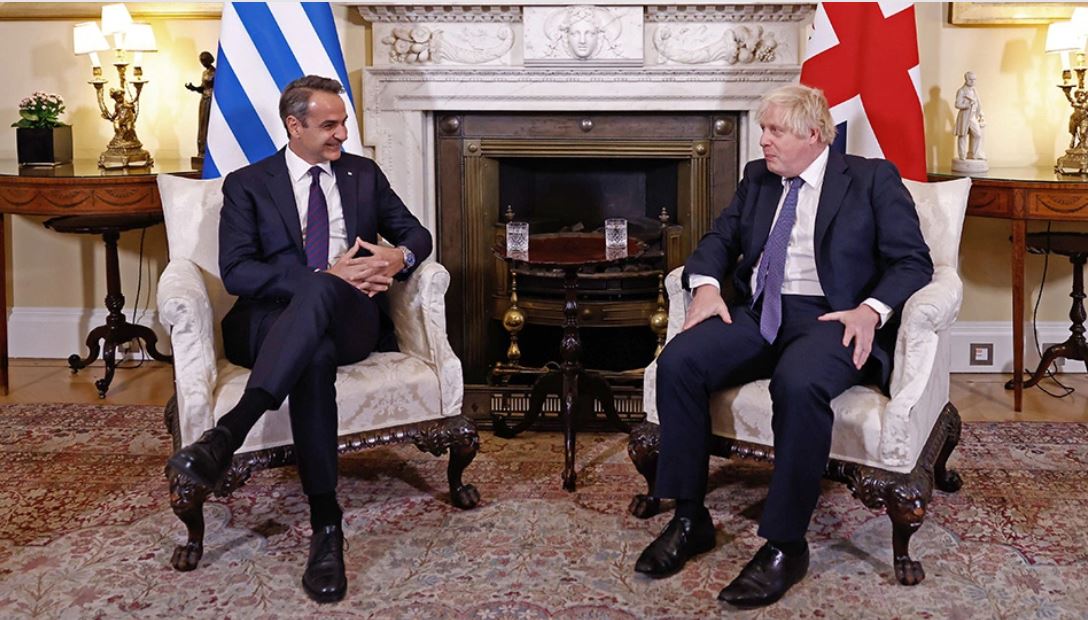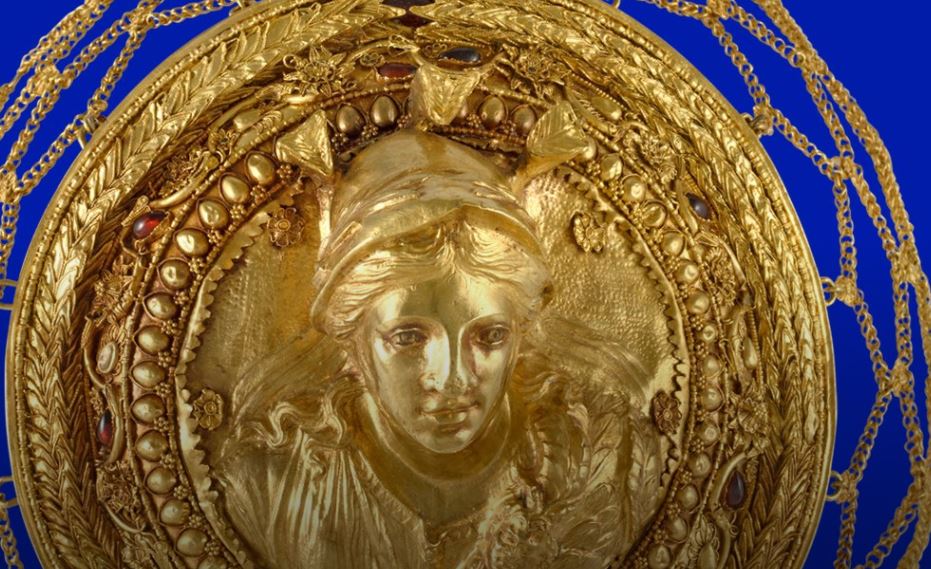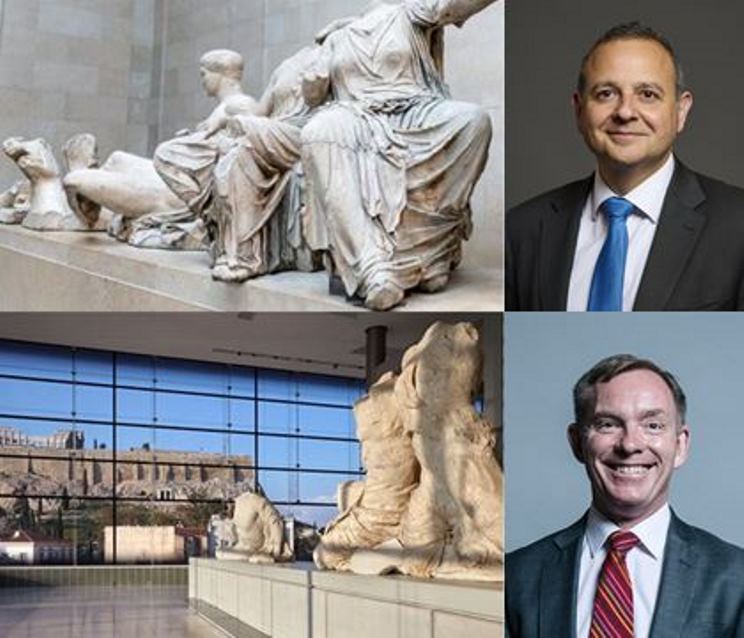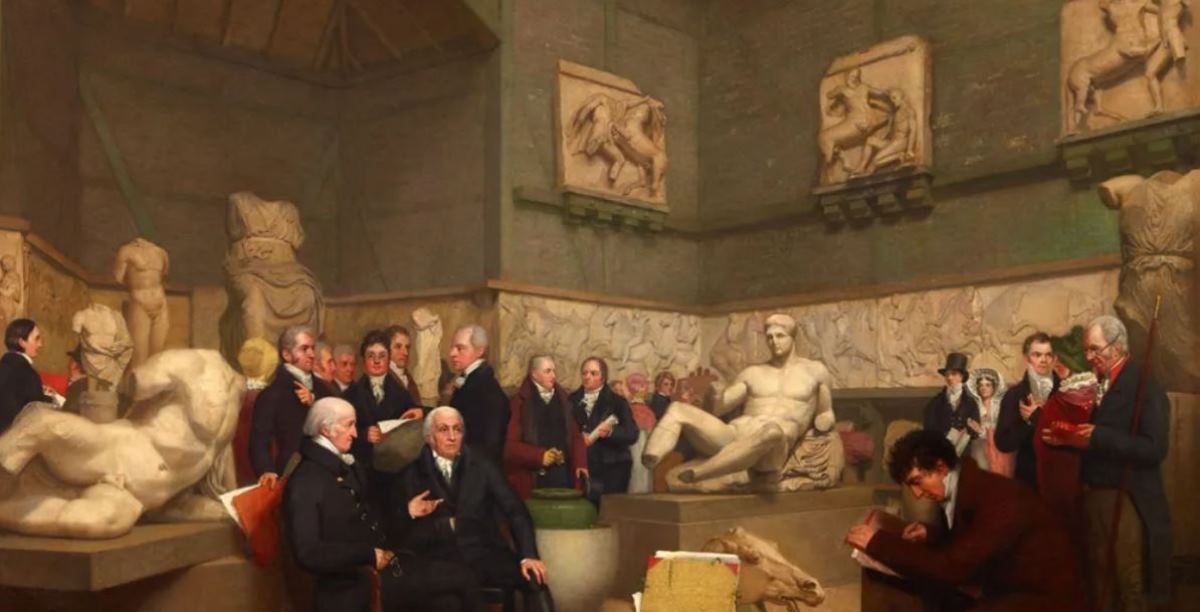'This issue, so important to the Greeks but not to the British, could be sorted out with goodwill in an instant. Precisely such a negotiation on the marbles was demanded in September by UNESCO, and rejected by Britain. If it requires a “perpetual loan” or an act of parliament, then get on with it. If money is required, raise it. Johnson is being feeble in fobbing off Athens’ request as not being under his purview. The museum is a state institution. Instead of keeping his promise and doing the right thing by the marbles, he has performed another U-turn and funked it.'
Simon Jenkins, Guardian columnist
THE GUARDIAN 16 November 2021
On Tuesday, 16 November 2021 in the Guardian Peter Walker and Helena Smith wrote that it has long been the official UK position that any return is a matter for the British Museum.
The wider debate about museums returning artefacts taken from other countries during colonial times, has so far been resisted by the UK with the mantra of “retain and explain”. And that the British Museum’s consistent view is that the sculptures were acquired legally, with Elgin receiving formal consent from the Ottoman empire to remove the section of sculptures. “His actions were thoroughly investigated by a parliamentary select committee in 1816 and found to be entirely legal, prior to the sculptures entering the collection of the British Museum by act of parliament,” the museum says on its website.
BCRPM Vice-Chair Paul Cartledge was quoted in the same Guardian article saying that this amounted to “a sleight of hand”.
“It’s a nonsense,” he added. “Even if the trustees agreed to relinquish them, the final decision to rescind the act of 1816 which declared the Elgin Collection to be owned by the nation would legally have to go through the British parliament. There is no doubt that the pressure is building up for genuine, post-imperial reconciliation in the cultural sphere and Johnson is trying to evade it.”
To read thst article in full, follow the link here.
THE TIMES
Josh Glancey of The Times tweeted on the same day about the British Museum's website statement:
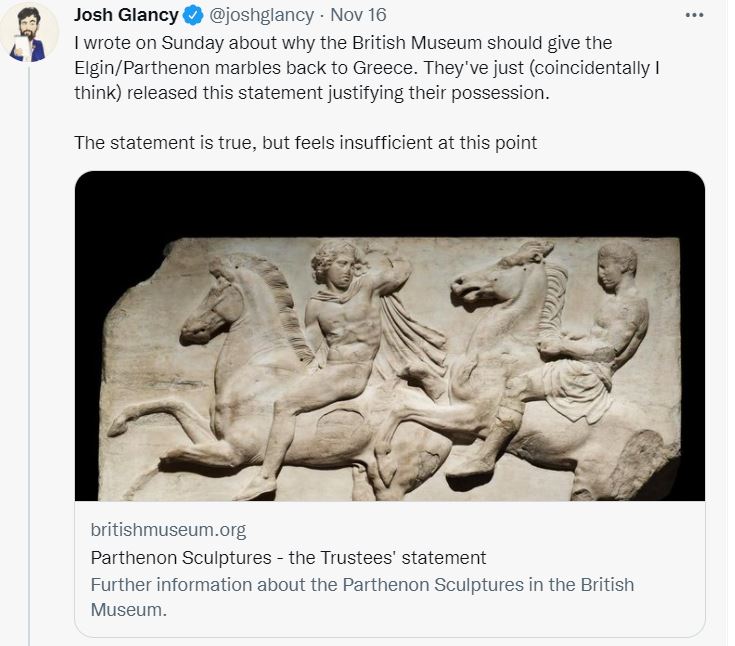
And BCRPM member Benjamin Ramm replied

Variations in the British Museum's statements, half truths on the information provided in Room 18, have left generations questioning what really happened bewtween 1801-1805 for Greece to have lost to another country half of its surviving Parthenon Marbles, with the Parthenon itself still in Athens.
A helpful video can be found on the Acropolis Museum web site.
GBNews 18 November 2021
On Friday vening BCRPM's member Professor John Tasioulas joined GBNews and took a pragmatic approach on the issue too.
Today, Saturday 20 November, Simon Jenkins wrote in the Guardian and the article headline reads: 'Give the Parthenon marbles back to Greece – tech advances mean there are no more excuses. To read the full article follow the link here.
THE GUARDIAN 20 November 2021
Simon Jenkins pragmatic approach concludes: 'This issue, so important to the Greeks but not to the British, could be sorted out with goodwill in an instant. Precisely such a negotiation on the marbles was demanded in September by UNESCO, and rejected by Britain. If it requires a “perpetual loan” or an act of parliament, then get on with it. If money is required, raise it. Johnson is being feeble in fobbing off Athens’ request as not being under his purview. The museum is a state institution. Instead of keeping his promise and doing the right thing by the marbles, he has performed another U-turn and funked it.'
THE DAILY MAIL 20 November 2021
Prime Minister Mitsotakis wrote in the Daily Mail and adds: "Now, given the Prime Minister has told me he would not stand in the way of Greece establishing a formal dialogue with the British Museum over the future of the marbles, I can only assume things will be different – that he will not obstruct any future agreement and, instead, the Prime Minister would seek to amend the relevant legislation to allow the sculptures’ return."
THE TELEGRAPH 20 November 2021
The Telegraph published a double page spread in the main section of Saturday's paper, witten by Gordon Raynor, with the headline questioning:'Could we be on course to lose 'our' Marbles?'
BCRPM's Chair Janet Suzman is quoted:"The British Museum is demonstrably behind the curve.Other world-class institutions have started returning items, so it's a bit smug for the British Museum to refuse to engage. It just keeps trotting out the same mantra it has clung on for the past 200 years. It's terribly impolite for them to just stay silent on this."
The British Museum's reasons for keeping the Marbles in London and divided from their surviving half in Athens is that: " there is a positive advantage and public benefit in having the sculptures divided bewtween two great museums, because in Athens they are seen against the backdrop of Athenian history and in London visitors gain insight into how ancient Greece influenced other civilisations."
Janet adds that this is just "childish, finders keepers stuff. They were forcibly removed, they were brought to Britain, they have excited the western world and classical scholarship went up. They have done their job and it's time for them to go home. It is a moral obligation.
She continues:" Anyone who goes to the museum in Athens can see, that is where they should be displayed. In the British Museum the experience is quite depressing."
To read the full article, visit the Telegraph.
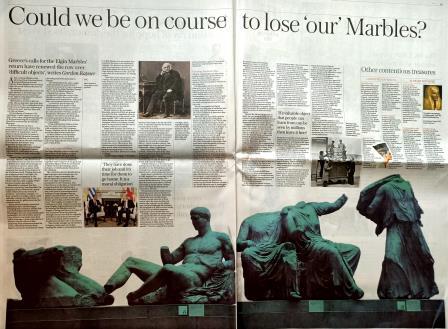
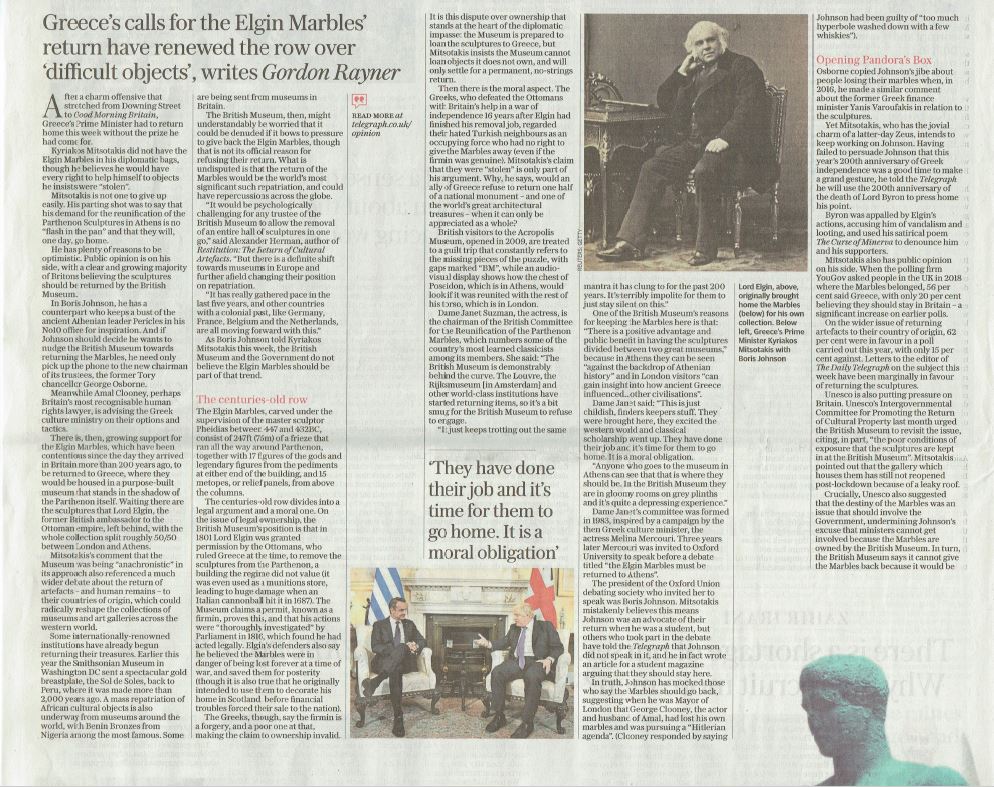
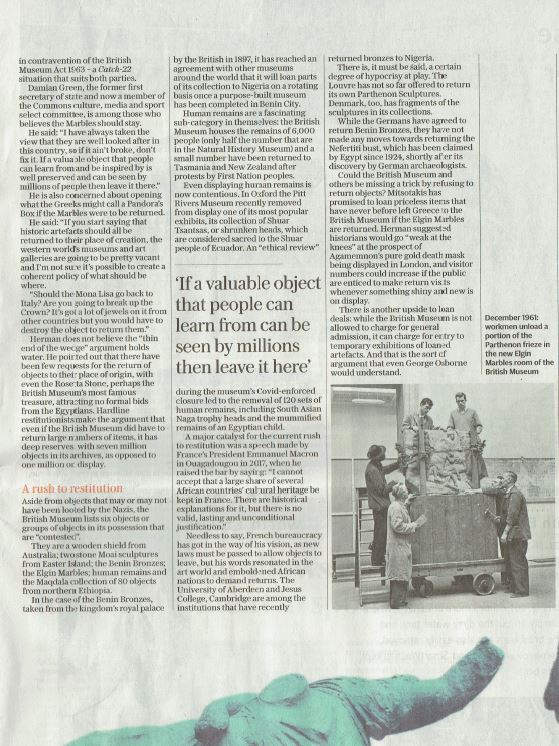
More on this also in the Greek Reporter.

